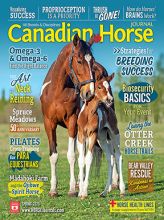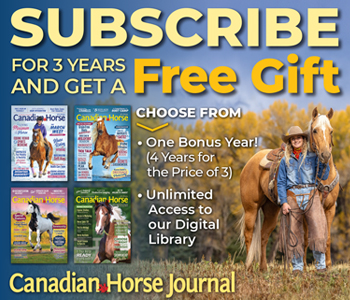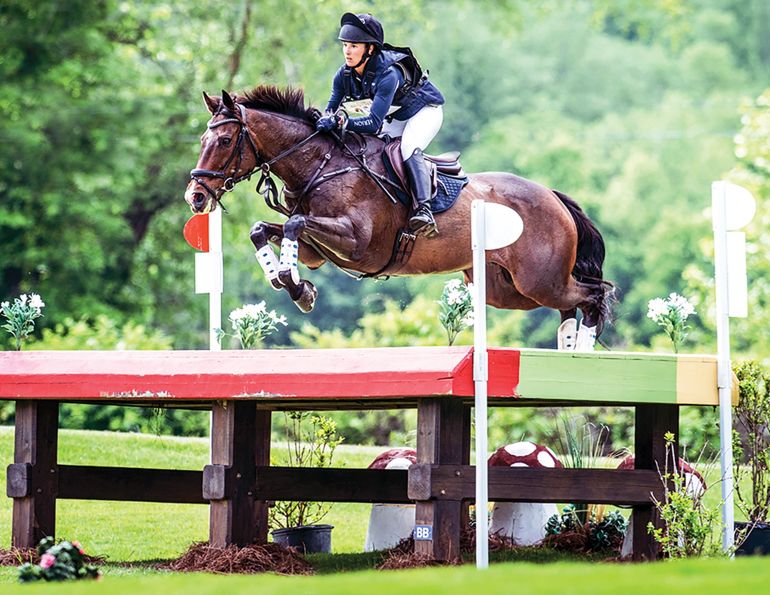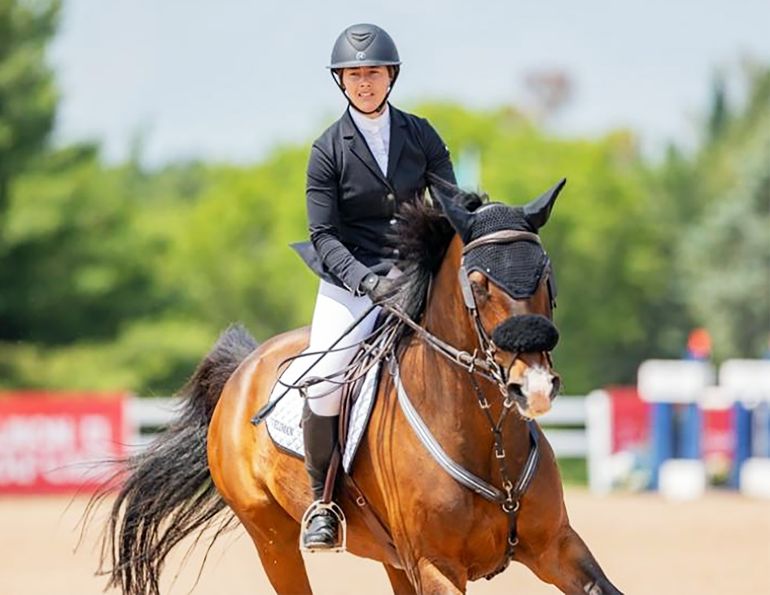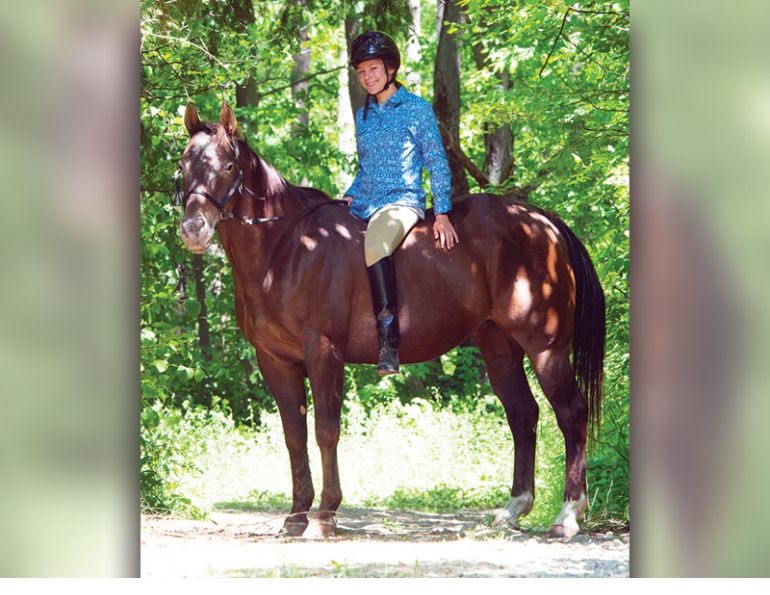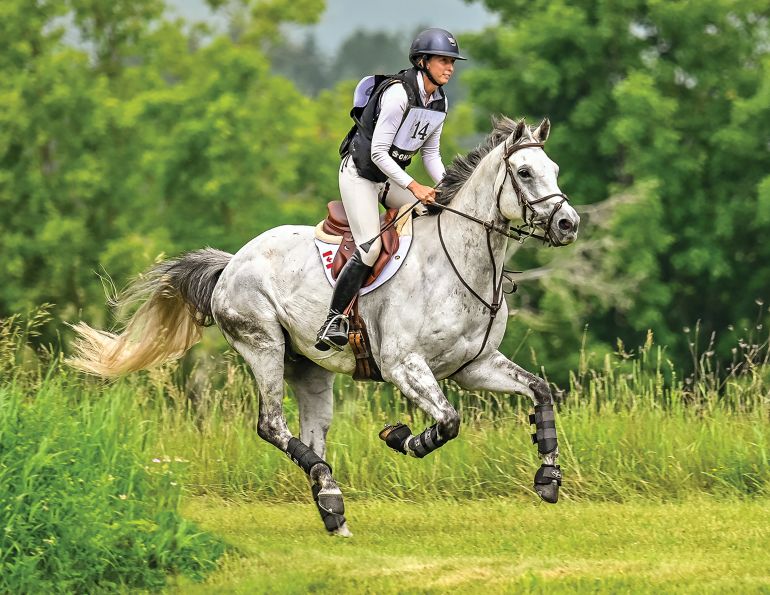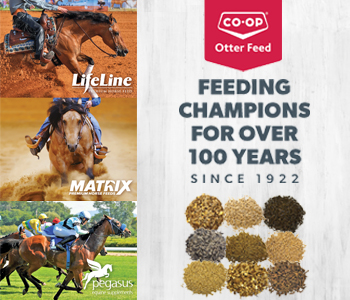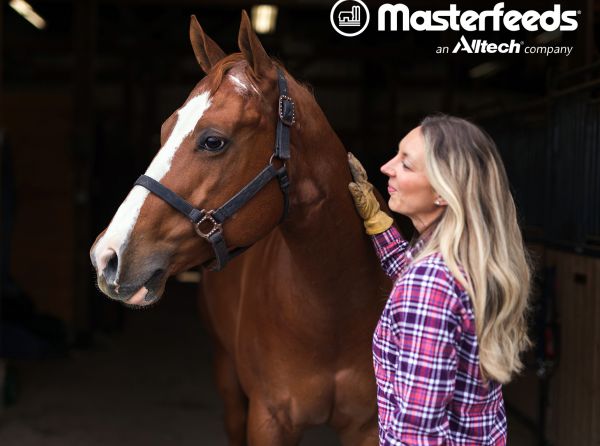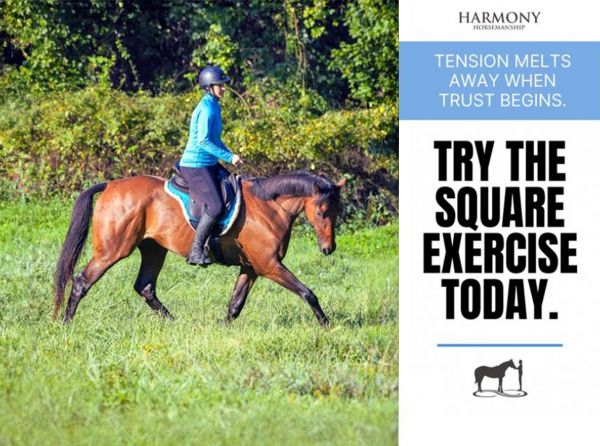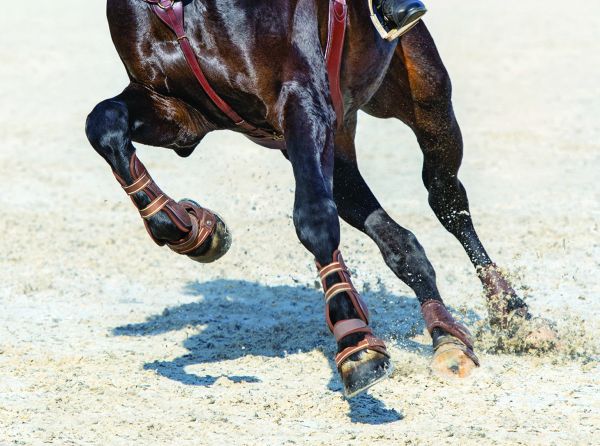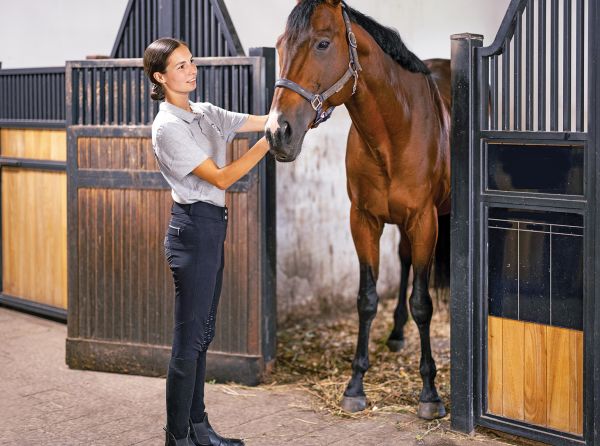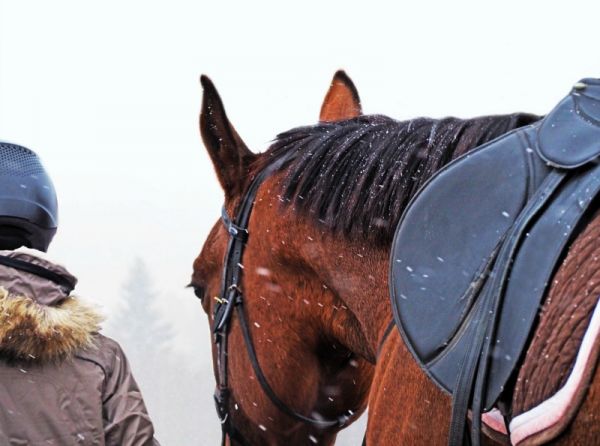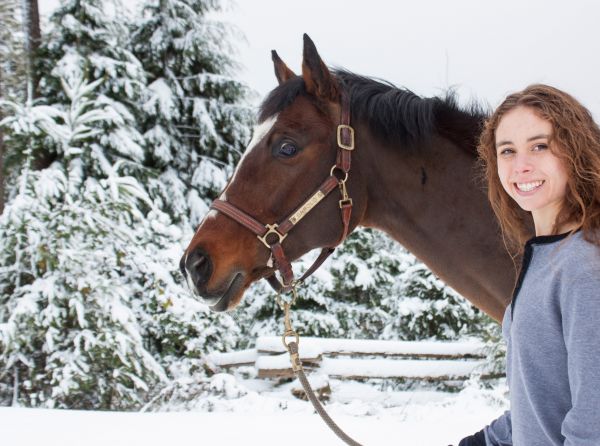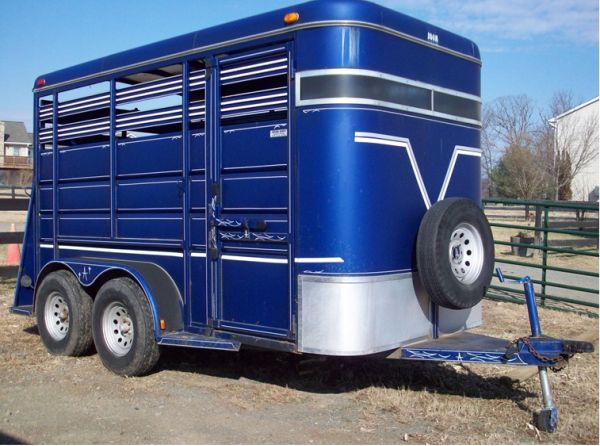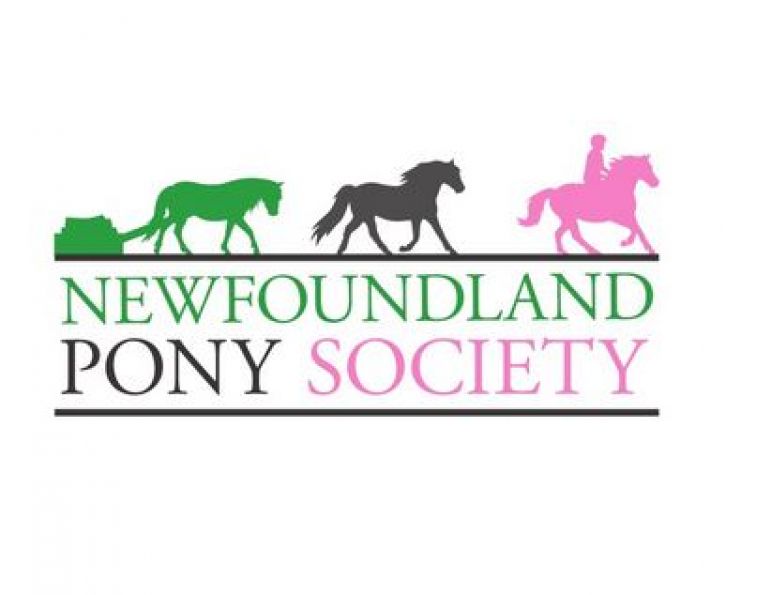By Annika McGivern, MSc Sport and Exercise Psychology
A couple of months ago, reality shifted as the COVID-19 pandemic reshaped our lives. We were all left facing challenges beyond anything we could have imagined. The equestrian community is no different from any other community in finding itself cut off from normality, but we are dealing with the added emotional challenge of being disconnected from the thing that grounds us in difficult times: our connection with our horses. We may also face distress over the financial impact of this unprecedented event on our lives, businesses, and the welfare of our animals.
Now, while we are confronting these challenges daily and wondering what will come next, I encourage everyone to take a moment to consider and manage their mental health. Taking care of our minds is an important part of well-being, and it will ensure that we can cope in a healthy way, adapt successfully, and find opportunities within the challenges.

Just like everyone else, horse people have found themselves cut off from the routines of normal life and dealing with many uncertainties. But added to that is the emotional toll of being physically separated from our equine friends with whom we share a special bond. Photo: Shutterstock/Sharon Morris
There is also an extra, hidden advantage to practicing mental skills right now. Learning to cope successfully with the current extraordinary levels of stress will help us get to the other side of COVID-19 in one piece; and in doing so, we will have become practiced and familiar at thriving in the face of stress. Imagine the ease with which we will be able to handle “normal” competition stress after all this! We will experience more resilience and have greater success when we are back to dealing with the stress that we all experience in our normal lives.
Well-being
Our well-being is highest when we feel in control of our lives, successful and competent at the things that are important to us, and connected to those we care about. Many of us will be lacking in all three areas right now. Life feels decidedly out of our control. Many of us cannot do what we are good at and enjoy, whether that is riding, coaching, working, or running our businesses, and social isolation has separated us from our human communities and our equine companions. Despite the challenging reality, we can use these categories strategically to make the most of a tough reality.
Focus on what you do have the power to influence in each category.
Control - Choose to focus on what you have control over and let go of the rest. Imagine you are looking back on this time from a year in the future. What decisions do you hope to have made? What did you do that you are proud of? Consider who you want to be as a rider or a coach or a business owner in a year’s time and work backwards from there. Identify what you can do today to get one step closer to that goal.
Competence - Choose to use this time to get better at something that will improve your performance in something important to you. Can you study the theory behind advanced dressage movements? Strengthen your core using at-home exercises from YouTube? Develop your business plan? Watch some equestrian masterclasses? (Check out NoelleFloyd.com for some high-quality examples.) Whatever it is, continue to work towards mastery in the areas that matter to you.
Connection - Although we are physically separated from our communities and our horses, this shared experience gives us unique opportunities for empathy and connection. We can all relate to how we are all feeling right now. One of the best ways to boost our sense of connection is by finding a way to help others. Are you an expert at clipping or braiding, or at starting young horses? Maybe you could share some tips with your community. If you are a coach, this is the perfect time to work through goal setting with your clients, or to encourage them to focus on their own fitness through cross-training.
One of the best ways to improve our sense of connection and make the most of a hard reality is by helping others. If you are adept at something others would love to learn about, such as clipping, or driving, share your knowledge by providing tips to the horse community. Photo: Shutterstock/Tanja Esser
Mindset
Another powerful way to deal with difficult events is to change the way we are interpreting our situation. A mindset is a set of beliefs that influence our thoughts, behaviours, and feelings. Changing our mindset allows us to reframe how we interpret the events, both positive and negative, in our lives. A growth mindset, which has been identified as crucial for success in high-performance athletes, is built on several key beliefs:
- That we can improve any ability or skill if we apply time and effort. Right now, we have more time than we are used to — the challenge is to apply effort and do something with that time.
- That setbacks are helpful and can be the motivation for rapid growth.
- The fastest way to develop is by challenging ourselves and finding the opportunity in challenging situations - just like the one we are currently in.
Self-Belief
Over a lifetime, the thoughts in our head add up to a story of our own creation. Self-belief and confidence (or lack thereof) are the result of that story you tell yourself about yourself. This story is fueled by our core beliefs; these belief systems dictate how we view our own abilities and potential, and go a long way in predicting our outcomes. Believing you have the capacity to creatively adapt to challenges changes the way you think and feel about those challenges and helps you to adapt. If you are struggling to adopt a growth mindset in a particular area, it can be helpful to check in with your beliefs. Do you really believe you can improve yourself in this area? If not, ask yourself: why not? Is there any evidence to support that? It is all too easy to limit ourselves with beliefs that are not, in fact, true.
Over the weeks to come, as we find our way forward as a community, take the time you need to practice looking after your well-being, shifting your mindset and thinking about your beliefs and the way they shape your thoughts, feelings, and actions. Taking these steps will increase your sense of control and lay the foundation on which to continue building helpful mental skills. We are all coping, adapting, and adjusting in real time right now. When the dust settles, we will all be able to look back on this time as proof that we are strong, capable, and creative in the face of serious challenges. We will know that we are more than capable of thriving despite whatever else life decides to throw our way in the future.
Photo: Shutterstock/Osetrik


